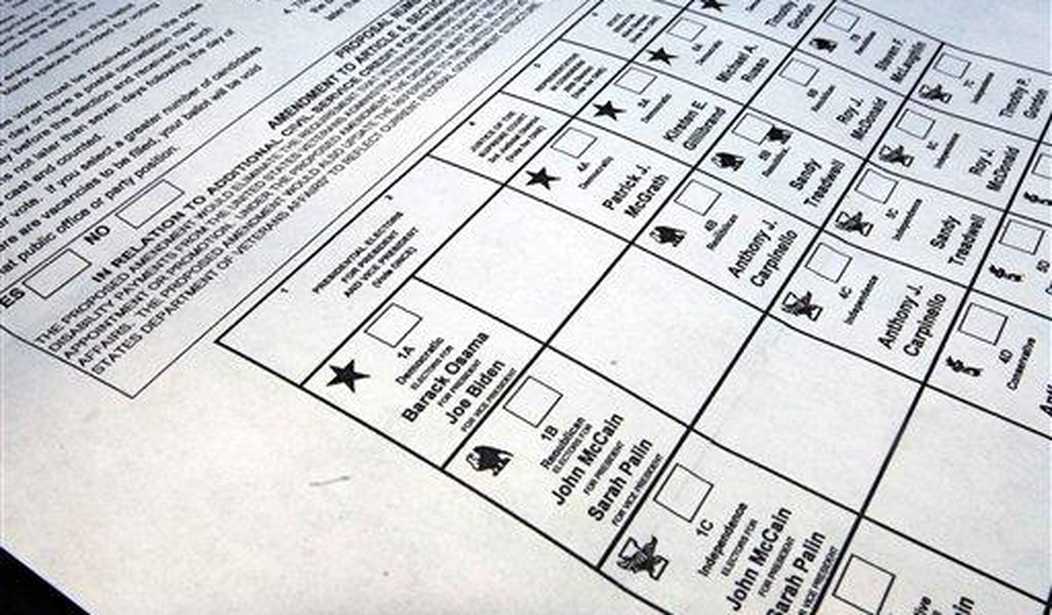The Fifth Circuit Court of Appeals reinstated Texas voting rules that require signatures on absentee ballots to be verified. The law requires that signatures on the returned ballot match the signature on the initial absentee ballot application. If there’s still a question of the signature’s validity, the clerk can compare it to the voter’s signature already on file.
Judge Jerry E. Smith wrote in the court’s opinion “Because Texas’s strong interest in safeguarding the integrity of its elections from voter fraud far outweighs any burden the state’s voting procedures place on the right to vote, we stay the injunction pending appeal.”
In a Monday order, the court blocked a U.S. District Court injunction, noting that the lower court’s decision “minimize[d]” Texas’ interest in election integrity, emphasizing the heightened need for security as greater numbers of mailed ballots raise the potential for fraud.
This would seem to be a no-brainer if you’re even halfway interested in election integrity. It’s so basic to the process that who in their right mind could object to it?
Two Texas voters, George Richardson of Brazos County and Rosalie Weisfeld of McAllen, joined by organizations representing Texans with disabilities, veterans and young voters, filed a lawsuit over a year ago arguing that the way state law allows local election officials to reject mail-in ballots based on mismatching signatures violates the Fourteenth Amendment’s right to due process.
The District Court ordered that voters whose signatures are perceived to be mismatching must be mailed a notice of the election board’s determination within one day, and, in the event that a voter believes his or her ballot was improperly rejected, the voter may seek to verify the ballot by contacting an election official via phone or mail, Garcia ruled.
Verify a signature on the phone or in a letter? That’s carrying the adage “trust the voter” a little too far.
More than that, the suit didn’t have a constitutional leg to stand on.
“The Fourteenth Amendment says that states may not deprive any person of life, liberty, or property, without due process of law.’ In its conscientious 103-page order, the district court didn’t cite the Fourteenth Amendment—the sole constitutional provision it purported to interpret on the merits—even once. It’s no surprise, then, that the court also failed to identify the category of interest—life, liberty, or property—at stake in the right to vote. The plaintiffs’ brief is similarly silent.”
Not only did the plaintiffs fail to argue how the right to vote by mail “is a liberty interest, they made no argument of the sort about the right to vote at all.”
But leave it to a liberal judge to find something — anything — to make it “easier” to vote. That it also makes it easier to commit voter fraud isn’t considered because, as we all know, “voter fraud doesn’t happen.”
This was a real time-waster for the federal appeals court. The case should have been laughed out of the lower court. But clogging the courts with frivolous, time-wasting suits is a feature, not a bug.
Editor’s Note: Want to support PJ Media so we can continue telling the truth about the 2020 election? Join PJ Media VIP TODAY and use the promo code LAWANDORDER to get 25% off your VIP membership.









Join the conversation as a VIP Member